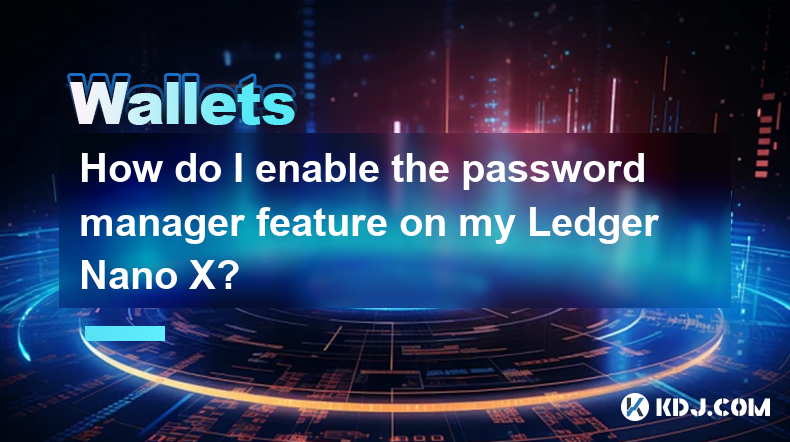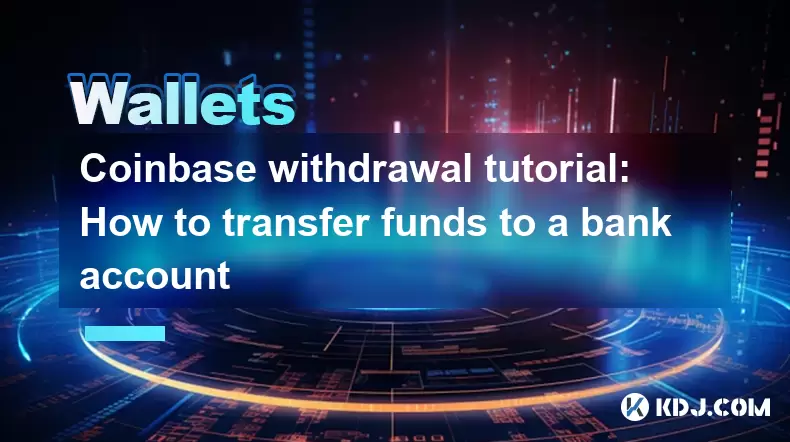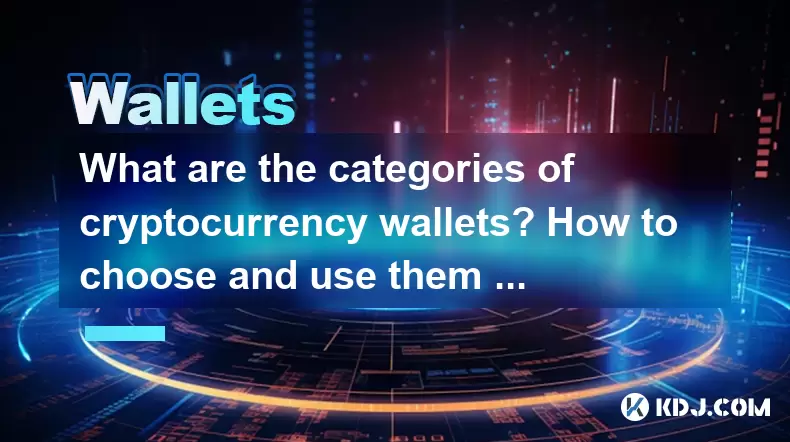-
 Bitcoin
Bitcoin $107,352.1067
0.28% -
 Ethereum
Ethereum $2,429.3531
-0.90% -
 Tether USDt
Tether USDt $1.0001
-0.02% -
 XRP
XRP $2.1894
4.62% -
 BNB
BNB $646.7968
0.36% -
 Solana
Solana $147.4290
4.03% -
 USDC
USDC $0.9998
-0.02% -
 TRON
TRON $0.2756
1.52% -
 Dogecoin
Dogecoin $0.1630
1.14% -
 Cardano
Cardano $0.5612
1.18% -
 Hyperliquid
Hyperliquid $37.0580
-0.05% -
 Bitcoin Cash
Bitcoin Cash $496.9410
-0.09% -
 Sui
Sui $2.7318
3.19% -
 Chainlink
Chainlink $13.1503
0.58% -
 UNUS SED LEO
UNUS SED LEO $9.0766
0.55% -
 Avalanche
Avalanche $17.7220
1.46% -
 Stellar
Stellar $0.2380
1.52% -
 Toncoin
Toncoin $2.8439
0.38% -
 Shiba Inu
Shiba Inu $0.0...01143
1.84% -
 Litecoin
Litecoin $85.8053
1.47% -
 Hedera
Hedera $0.1483
2.70% -
 Monero
Monero $314.3240
2.12% -
 Bitget Token
Bitget Token $4.6725
0.77% -
 Dai
Dai $1.0000
0.00% -
 Polkadot
Polkadot $3.3555
1.28% -
 Ethena USDe
Ethena USDe $1.0001
0.02% -
 Uniswap
Uniswap $7.0890
2.64% -
 Pi
Pi $0.5355
-3.40% -
 Pepe
Pepe $0.0...09393
1.06% -
 Aave
Aave $256.8136
-1.90%
How do I enable the password manager feature on my Ledger Nano X?
The Ledger Nano X prioritizes secure storage of crypto keys, not password management; use a separate, reputable password manager for strong security.
Mar 31, 2025 at 11:14 am

Understanding Ledger Nano X and Password Management
The Ledger Nano X, a popular hardware wallet, prioritizes security. It does not have a built-in password manager in the traditional sense. Unlike software password managers that store your passwords centrally, the Ledger Nano X's security model relies on keeping your private keys offline and secure within the device itself. This prevents unauthorized access even if your computer is compromised. Attempting to add a password manager feature directly to the device would compromise this core security principle.
Why Ledger Doesn't Offer a Built-in Password Manager
The fundamental design of the Ledger Nano X is to protect cryptographic keys. Adding a password manager, even a seemingly secure one, would introduce a new point of vulnerability. A compromised password manager could potentially expose the device to attacks. Ledger's focus remains on the secure storage of cryptocurrency private keys, not general password management. This approach maintains the high security standards the device is known for.
Alternative Solutions for Password Management
Since the Ledger Nano X doesn't offer a built-in password manager, users need to explore external options. These should be carefully chosen to maintain a strong security posture. Remember, the strength of your overall security depends on the weakest link in the chain.
Use a reputable, standalone password manager on a separate, secure device: Consider a well-regarded password manager like Bitwarden, 1Password, or LastPass. Install this on a computer or mobile device that is not connected to your Ledger Nano X during cryptocurrency transactions. This creates separation and reduces the risk of cross-contamination.
Practice strong password hygiene: Use unique, complex passwords for each account. Avoid reusing passwords across multiple services. Consider a password manager to help generate and manage these strong passwords.
Enable two-factor authentication (2FA) wherever possible: This adds an extra layer of security to your online accounts, making them significantly harder to compromise even if your password is stolen. This is a crucial step in enhancing your overall digital security.
Regularly update your software: Keeping your operating systems, applications, and password manager software updated is crucial to patching security vulnerabilities. Neglecting updates leaves you vulnerable to known exploits.
Be wary of phishing attempts: Phishing emails and websites are a major threat. Never click on suspicious links or enter your credentials on unfamiliar websites. Always verify the legitimacy of a website before entering any sensitive information.
Managing Passwords Related to Cryptocurrency Exchanges
When interacting with cryptocurrency exchanges, you'll need to manage passwords for your exchange accounts separately. These are distinct from your Ledger Nano X's private keys. Your Ledger Nano X protects your cryptocurrency assets, not your exchange login credentials. Use a strong, unique password for each exchange account and consider enabling 2FA for an extra layer of protection. Remember to never store your exchange passwords on the same device where you manage your Ledger Nano X.
Securely Storing Your Recovery Phrase
Your Ledger Nano X's recovery phrase is paramount. Never store it digitally; always write it down on paper and store it in a secure, physically protected location. This phrase allows you to recover access to your cryptocurrency if your device is lost or damaged. Protecting this phrase is as crucial as protecting your device itself. Treat it with the utmost care and secrecy.
Importance of Physical Security
The Ledger Nano X's physical security is crucial. Protect your device from theft or physical damage. Avoid leaving it unattended and ensure it’s stored securely when not in use. A compromised device can lead to the loss of your cryptocurrency. This is a fundamental aspect of maintaining the security of your assets.
Frequently Asked Questions
Q: Can I use my Ledger Nano X to manage passwords for my email accounts?
A: No. The Ledger Nano X is designed solely for managing cryptocurrency private keys. It is not a general-purpose password manager. Use a dedicated password manager for your email and other online accounts.
Q: Is it safe to connect my Ledger Nano X to a public Wi-Fi network?
A: It's generally not recommended. Public Wi-Fi networks are often less secure, increasing the risk of man-in-the-middle attacks. Use a trusted and secure network whenever possible.
Q: What should I do if I lose my Ledger Nano X?
A: If you lose your Ledger Nano X, immediately secure your recovery phrase and follow Ledger's recovery procedures. This will allow you to regain access to your cryptocurrency assets.
Q: What happens if someone steals my Ledger Nano X?
A: If your Ledger Nano X is stolen, the thief will only gain access to your cryptocurrency if they also obtain your recovery phrase. This highlights the importance of keeping your recovery phrase safe and secure.
Q: Can I install a third-party password manager app on my Ledger Nano X?
A: No. The Ledger Nano X has a limited application ecosystem, and installing unauthorized apps is strongly discouraged. This could compromise the security of your device.
Q: How often should I update my Ledger Nano X firmware?
A: Regularly check for and install firmware updates as they are released. These updates often include critical security patches. Keeping your firmware up-to-date is essential for maintaining the security of your device.
Q: Are there any risks associated with using a password manager alongside my Ledger Nano X?
A: Yes, the risk is primarily related to the security of the password manager itself. Choose a reputable password manager, use strong passwords, and follow security best practices to mitigate this risk. Never store your Ledger recovery phrase in your password manager.
Disclaimer:info@kdj.com
The information provided is not trading advice. kdj.com does not assume any responsibility for any investments made based on the information provided in this article. Cryptocurrencies are highly volatile and it is highly recommended that you invest with caution after thorough research!
If you believe that the content used on this website infringes your copyright, please contact us immediately (info@kdj.com) and we will delete it promptly.
- Altcoins, Explosive Gains, and Cryptocurrency: What's the Hype?
- 2025-06-28 21:12:19
- SEI Mirroring Solana: Price Spikes and the Next Big Crypto?
- 2025-06-28 20:52:13
- Pi Network's Pi2Day: Token Tank and Disappointing Rollout?
- 2025-06-28 21:27:13
- PENGU Price Surges: Are Whales Targeting $0.0149?
- 2025-06-28 20:30:12
- Bitcoin Adoption, Portfolio Allocation, and Financial Advisors: A New Era
- 2025-06-28 21:27:13
- Kaanch vs. XRP: Spotting the Next Big Thing & Entry Price Opportunities
- 2025-06-28 21:50:12
Related knowledge

How to stake cryptocurrencies on Coinbase? Benefits and risks
Jun 27,2025 at 06:36pm
Understanding Cryptocurrency Staking on CoinbaseStaking cryptocurrencies involves locking up digital assets to support the operations of a blockchain network, typically in return for rewards. Coinbase, one of the most popular cryptocurrency exchanges globally, offers staking services for several proof-of-stake (PoS) coins. Users can stake their holdings...

How to contact Coinbase customer service? Support channels and response times
Jun 28,2025 at 01:29pm
Contacting Coinbase Customer Service: Support Channels and Response TimesIf you're a user of Coinbase, reaching their customer service team may become necessary for various reasons, such as account verification issues, transaction disputes, or technical difficulties. Understanding the different support channels available and what to expect in terms of r...

Coinbase advanced trading function usage tutorial: limit orders and market orders
Jun 28,2025 at 09:07pm
Understanding the Difference Between Limit Orders and Market OrdersWhen using Coinbase's advanced trading features, it is crucial to understand the fundamental difference between limit orders and market orders. A market order executes immediately at the best available price on the market. This type of order ensures that your trade goes through quickly, ...

Which cryptocurrencies does Coinbase support? Full currency list
Jun 28,2025 at 08:36am
Overview of Cryptocurrencies Supported by CoinbaseCoinbase is one of the most popular and trusted cryptocurrency exchanges globally. It provides users with a platform to buy, sell, trade, and store various digital assets. As of the latest updates, Coinbase supports over 200 cryptocurrencies, including major ones like Bitcoin (BTC), Ethereum (ETH), and L...

Coinbase withdrawal tutorial: How to transfer funds to a bank account
Jun 28,2025 at 02:35am
Understanding Coinbase WithdrawalsCoinbase is one of the most widely used cryptocurrency platforms, allowing users to buy, sell, and store digital assets. Once you've successfully traded or held your crypto on Coinbase, the next logical step may be to withdraw funds to a bank account. This process involves converting your cryptocurrency into fiat curren...

What are the categories of cryptocurrency wallets? How to choose and use them safely?
Jun 21,2025 at 10:42pm
Understanding Cryptocurrency WalletsCryptocurrency wallets are essential tools for anyone involved in the digital asset ecosystem. They allow users to store, send, and receive cryptocurrencies securely. Unlike traditional wallets that hold physical money, crypto wallets manage cryptographic keys—private and public—which interact with blockchain networks...

How to stake cryptocurrencies on Coinbase? Benefits and risks
Jun 27,2025 at 06:36pm
Understanding Cryptocurrency Staking on CoinbaseStaking cryptocurrencies involves locking up digital assets to support the operations of a blockchain network, typically in return for rewards. Coinbase, one of the most popular cryptocurrency exchanges globally, offers staking services for several proof-of-stake (PoS) coins. Users can stake their holdings...

How to contact Coinbase customer service? Support channels and response times
Jun 28,2025 at 01:29pm
Contacting Coinbase Customer Service: Support Channels and Response TimesIf you're a user of Coinbase, reaching their customer service team may become necessary for various reasons, such as account verification issues, transaction disputes, or technical difficulties. Understanding the different support channels available and what to expect in terms of r...

Coinbase advanced trading function usage tutorial: limit orders and market orders
Jun 28,2025 at 09:07pm
Understanding the Difference Between Limit Orders and Market OrdersWhen using Coinbase's advanced trading features, it is crucial to understand the fundamental difference between limit orders and market orders. A market order executes immediately at the best available price on the market. This type of order ensures that your trade goes through quickly, ...

Which cryptocurrencies does Coinbase support? Full currency list
Jun 28,2025 at 08:36am
Overview of Cryptocurrencies Supported by CoinbaseCoinbase is one of the most popular and trusted cryptocurrency exchanges globally. It provides users with a platform to buy, sell, trade, and store various digital assets. As of the latest updates, Coinbase supports over 200 cryptocurrencies, including major ones like Bitcoin (BTC), Ethereum (ETH), and L...

Coinbase withdrawal tutorial: How to transfer funds to a bank account
Jun 28,2025 at 02:35am
Understanding Coinbase WithdrawalsCoinbase is one of the most widely used cryptocurrency platforms, allowing users to buy, sell, and store digital assets. Once you've successfully traded or held your crypto on Coinbase, the next logical step may be to withdraw funds to a bank account. This process involves converting your cryptocurrency into fiat curren...

What are the categories of cryptocurrency wallets? How to choose and use them safely?
Jun 21,2025 at 10:42pm
Understanding Cryptocurrency WalletsCryptocurrency wallets are essential tools for anyone involved in the digital asset ecosystem. They allow users to store, send, and receive cryptocurrencies securely. Unlike traditional wallets that hold physical money, crypto wallets manage cryptographic keys—private and public—which interact with blockchain networks...
See all articles
























































































